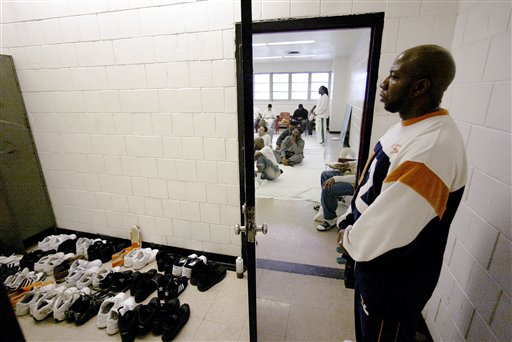The Supreme Court in Cooper v. Pate, 378 U.S. 546 (1964), decided that the Bill of Rights applied inside prisons, and that, in this particular case, authorities had erred in denying religious publications and texts to an inmate.
The courts previously had considered inmates little more than charges of the state and were reluctant to intervene in the management of prisons, even when egregious constitutional violations of prisoners’ rights were alleged.
Prisoner claimed religious discrimination when denied access to Quran
In Cooper v. Pate, the Court examined the dismissal of the claims of an Illinois inmate, Thomas Cooper, who alleged that he had been denied permission to purchase Black Muslim publications.
He also claimed that prison officials had infringed on his First Amendment rights in denying him access to a Quran while allowing other inmates their religious texts.
In 1963 the Seventh U.S. Circuit Court of Appeals rejected Cooper’s claims, holding that incarceration brings about the loss of many constitutional rights and privileges.
Court upheld prisoner’s lawsuit, decided Bill of Rights applied to prisoners
Cooper appealed to the Supreme Court, which reinstated his lawsuit in a short per curiam opinion.
“Taking as true the allegations of the complaint, as they must be on a motion to dismiss, the complaint stated a cause of action and it was error to dismiss it,” the justices wrote.
The Court later cited Cooper v. Pate in reinstating similar religious discrimination claims by a Buddhist inmate in Cruz v. Beto (1972).
David L. Hudson, Jr. is a law professor at Belmont who publishes widely on First Amendment topics. He is the author of a 12-lecture audio course on the First Amendment entitled Freedom of Speech: Understanding the First Amendment (Now You Know Media, 2018). He also is the author of many First Amendment books, including The First Amendment: Freedom of Speech (Thomson Reuters, 2012) and Freedom of Speech: Documents Decoded (ABC-CLIO, 2017). This article was originally published in 2009.

